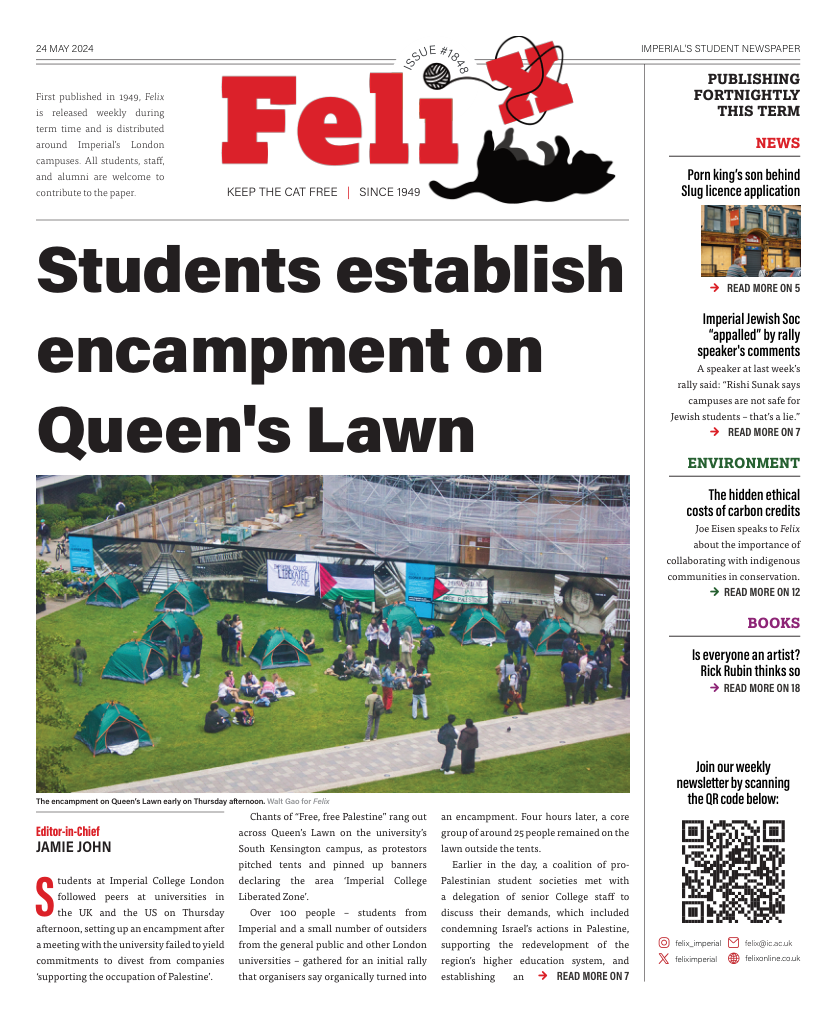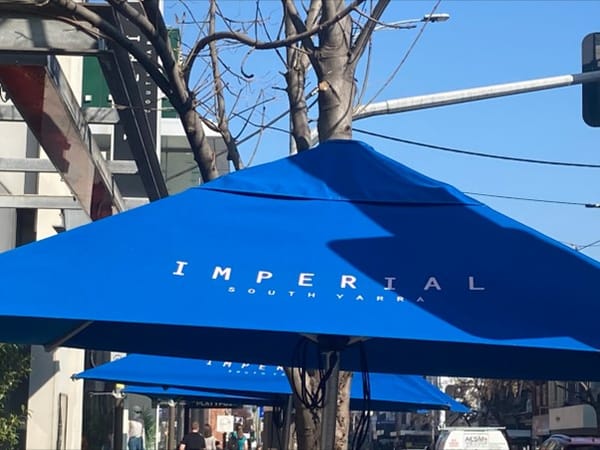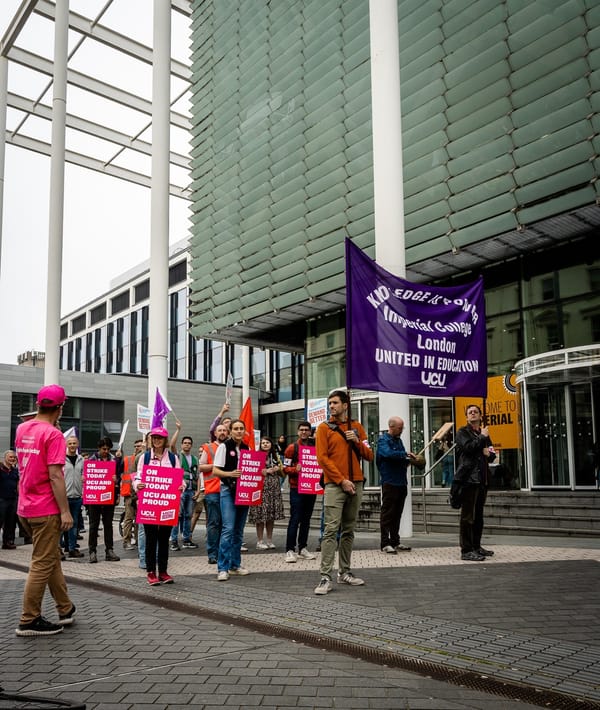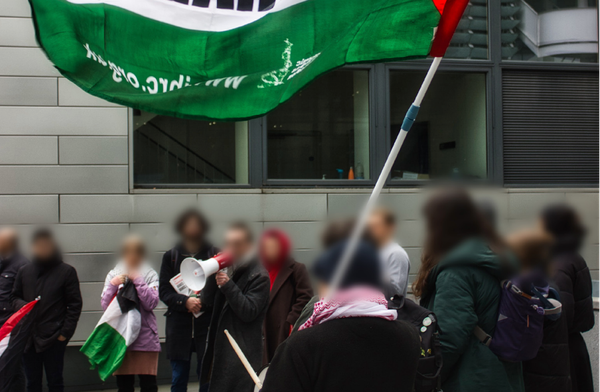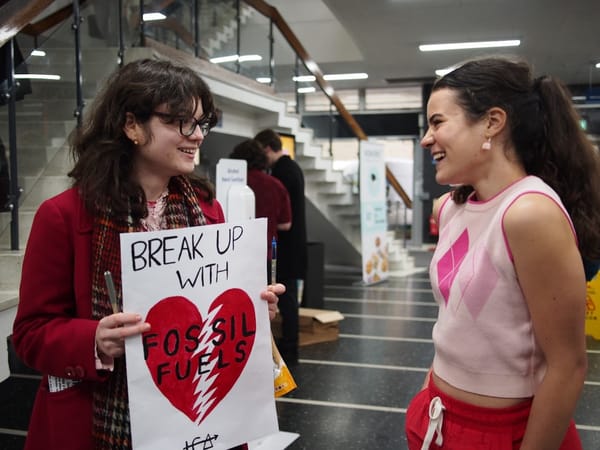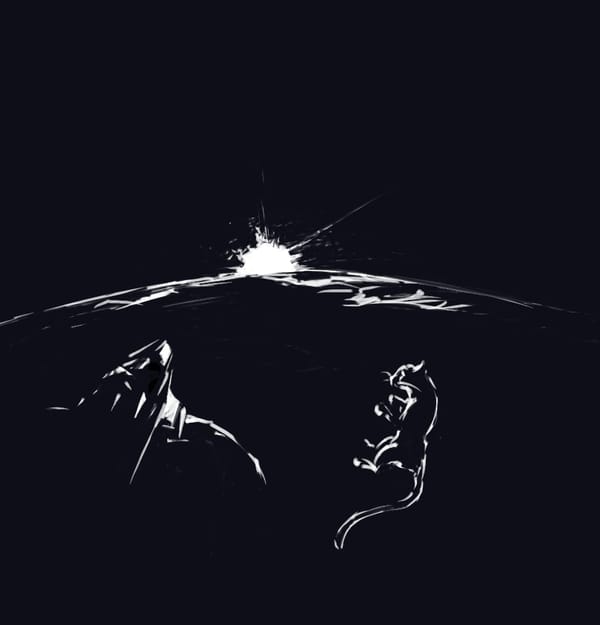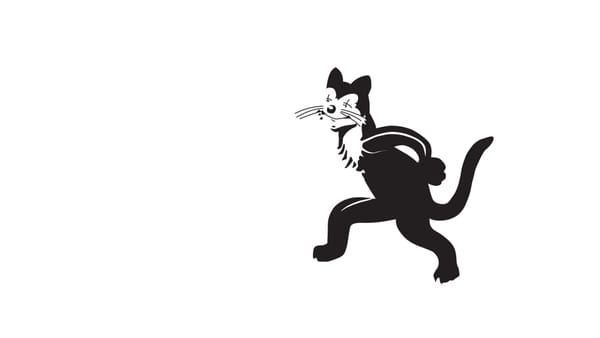Record turnout for rally protesting Imperial’s response to Gaza conflict
Students are calling on the university to cut ties with companies linked to Israel.
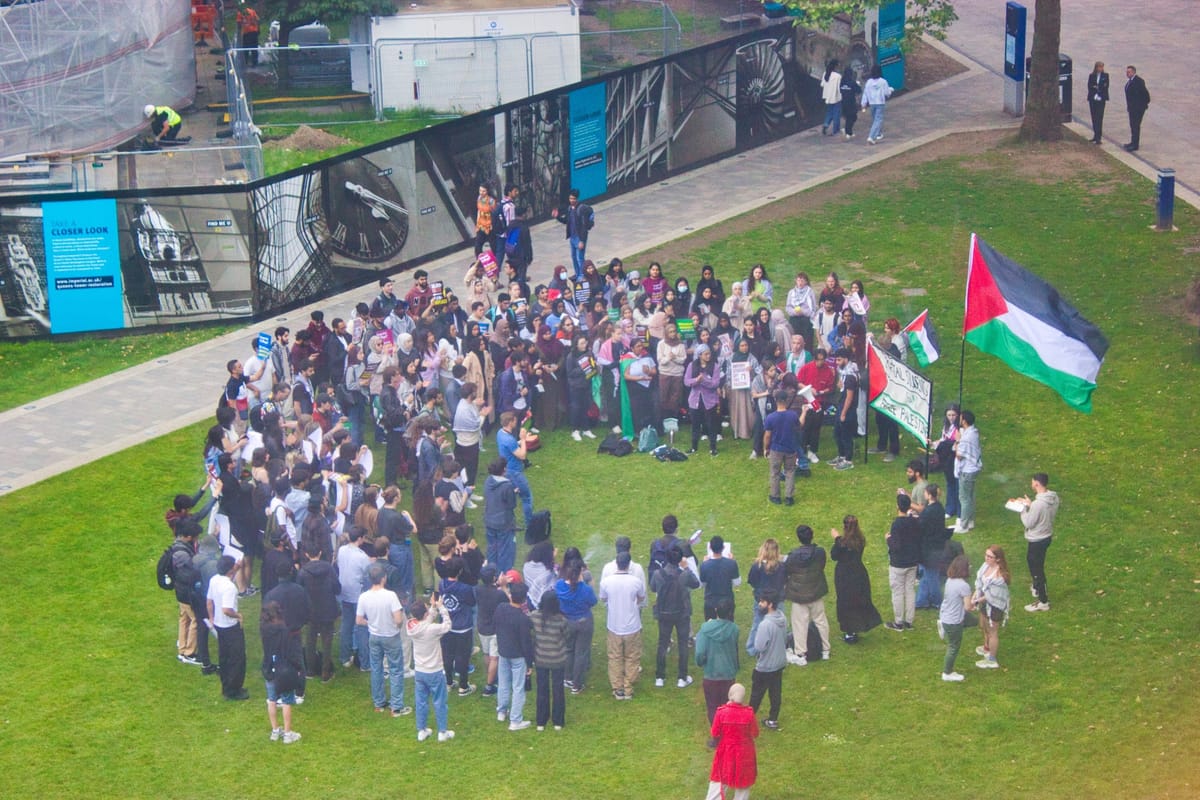
Students and staff gathered on Queen’s Lawn last Wednesday to protest Imperial College London’s response to the Israel-Hamas conflict, in the biggest pro-Palestinian demonstration at the university to date.
Organisers of the event, which was billed as a rally and teach-in, called on Imperial to ‘take action against the Zionist state by divesting and cutting research links’ with companies linked to Israel.
Speakers addressed a crowd of around 160 people on Nakba (‘Catastrophe’) Day, which marks the displacement of hundreds of thousands of Palestinians who fled or were forced from their homes during the 1948 Palestine War.
“Shame on the witnessing world daring to question the rights of Palestinian children and people,” said an Imperial student with Palestinian heritage.
“Have you got no fear? No shame? Isn’t it haunting that your invoices come back as blood receipts of 35,000 murdered Palestinians?” she asked.
“If not now, then when? If not now, the clothes of children will remain bodiless, their toys will remain ownerless, their homes will become spiritless, their streets will become lifeless. So raise your voices for Gaza.”
Israel’s military campaign in Gaza, launched in response to Hamas’s attack on southern Israel in October, has killed more than 35,000 people, according to Gaza’s Hamas-run health ministry.
Hamas attacked Israel on 7th October, killing 1,200 people and taking 252 others hostage, according to Israeli authorities.
Protestors on Queen’s Lawn heard from a range of speakers on their demands from Imperial and reasons for demonstrating.
Chants of “Imperial College Management, blood on your hands” and “Disclose, divest, we will not stop we will not rest” could be heard from the buildings around the lawn, including the Abdus Salam library, where students were revising for end-of-year exams.
The group IC Action for Palestine has accused Imperial of “supplying one side [of the war]” through its research ties with companies including Caterpillar Inc. BAE Systems and Rolls-Royce.
Caterpillar has supplied the Israel Defence Forces (IDF) with D9 armoured bulldozers used to bulldoze Palestinian homes.
BAE Systems and Rolls-Royce are British defence companies that have designed parts of the Lockheed Martin F-35 Lightning II, a stealth combat jet that the IDF has deployed in the Gaza Strip.
Some of those present at last week’s protest called for an encampment at the College, arguing that it was a “stronger statement” of their feelings on the Israel-Hamas war and their demands of Imperial.
At university campuses across the UK, student activists have pitched tents and asked their institutions to divest from holdings linked to Israel, in response to the IDF’s actions in Gaza.
At Wednesday’s event on Queen’s Lawn, two first-year Design Engineering students said they felt that protests had been ongoing for “a long time” and that their impact was diminishing over time. Both said they were willing to participate in an encampment and knew of friends at Imperial who would do the same.
Two weeks ago, IC Action for Palestine said it would not set up an encampment at Imperial just yet, explaining that it hadn’t yet “exhausted other means of escalation” and would not “have the capacity to hold [an encampment] down until our demands are met”.
Two police officers were seen standing in the vicinity of the protesting group, though it is unclear why they were there.
Adjacent to the rally, students continued to use Queen’s Lawn as usual, eating and meeting friends during their lunch breaks. One student, asked for their thoughts on the nearby demonstration, said they “don’t think protesting works”.
There is no indication that Imperial has broken the law in its relationships with Caterpillar, BAE Systems, or Rolls-Royce.
Responding in January to the claims made by IC Action for Palestine, BAE Systems and Rolls-Royce both said that they abide by defence export controls.
Caterpillar Inc. did not respond to a request for comment, but in 2012, it responded to similar criticism by telling the BBC that it ‘shares the world’s concern over unrest in the Middle East and certainly [has] compassion for all those affected by political strife’.

